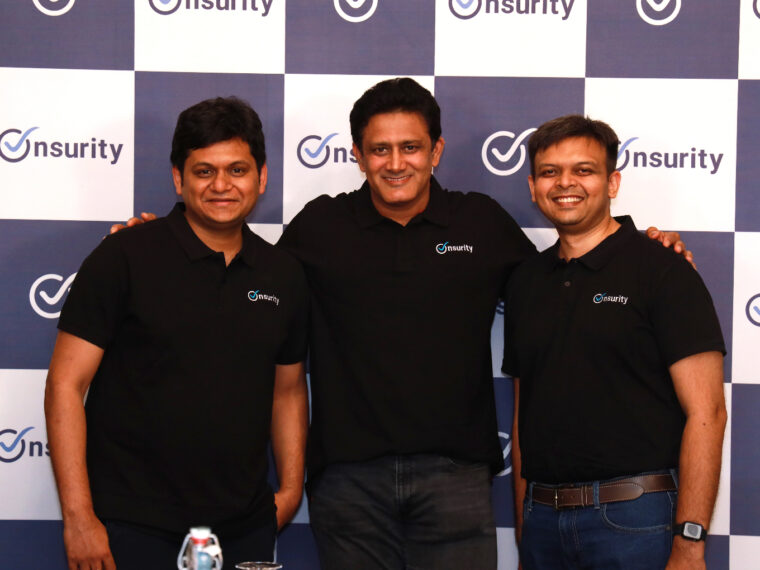The primary contributor to this substantial investment is the World Bank’s International Finance Corporation (IFC). and existing investors Nexus Venture Partners and Quona Capital also participated in the funding round.
Established in 2020 by Yogesh Agarwal and Kulin Shah, Onsurity has rapidly emerged as a key player, boasting a clientele of over 10 lakh individuals and serving more than 5,000 companies. Among its notable clients are industry leaders such as Jupiter Money, CleverTap, Porter, Zepto, Sobha Developers, DBS Bank, Pantaloons, and Sattva.
According to reports, Onsurity aims to transform the claiming process for users by implementing an artificial intelligence (AI) powered system. This innovative approach is designed to eliminate the often protracted waiting periods and uncertainties traditionally linked with claims. The objective is to provide all members with a seamless, fully digital, transparent, and efficient benefits utilisation process.
The scope of the insurtech’s coverage extends across a broad spectrum, encompassing business executives, regular employees, gig workers, and their dependents. Notably, over half of Onsurity’s members belong to the blue-collar workforce, and nearly 40% hail from Tier-II and Tier-III cities. A striking revelation is that 80% of businesses opting for healthcare memberships through Onsurity are venturing into employee healthcare for the first time.
Expanding beyond healthcare, Onsurity’s offerings include cyber insurance, commercial general liability insurance, and more under the umbrella of Onsurity Plus. These comprehensive solutions are strategically crafted to equip small and medium-sized enterprises (SMEs) with the necessary coverage and support to navigate the intricacies of contemporary risks and challenges. Onsurity’s holistic approach underscores its commitment to addressing the evolving needs of businesses in today’s dynamic lands
The infusion of funds is earmarked for strategic initiatives aimed at enhancing Onsurity’s technological capabilities. Specifically, the startup plans to develop cutting-edge tech-based claiming solutions in collaboration with its insurance partners. The objective is to facilitate seamless and transparent transactions within the healthcare benefits landscape.
In addition to technological advancements, Onsurity aims to expand its client base and achieve profitability. The startup envisions onboarding an impressive 50,000 companies by 2026, with the ambitious goal of serving more than 5 million lives. This forward-looking approach aligns with Onsurity’s commitment to driving innovation and accessibility in the employee healthcare benefits sector.
As the insurtech landscape continues to evolve, Onsurity’s successful funding round positions it as a noteworthy player poised for further growth and impact in the dynamic realm of employee healthcare benefits.
Onsurity CEO Yogesh Agarwal stated, “We are immensely proud of reaching this milestone. Our goal has always been to revolutionise employee healthcare benefits, making them accessible and user-friendly for India’s SMEs. With the strong support of IFC, Nexus Venture Partners, and Quona Capital, we will further intensify our efforts in scaling our tech-based platform which will enable us to extend insurance coverage to a larger spectrum of SMEs, ensuring a comprehensive safety net for their operations.”
Kulin Shah, co-founder and COO at Onsurity, added: “India’s SMEs stand at the threshold of a transformative era. The fresh infusion of funds will supercharge our mission to broaden our product offerings by crafting one of the finest tech-led distribution stacks in the industry. It underscores our commitment to shaping innovative partnerships, exploring new geographies, and penetrating underserved customer segments.”
Author: Joanna England








